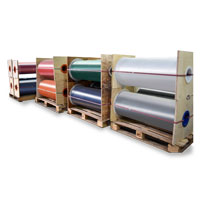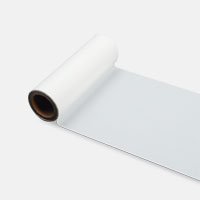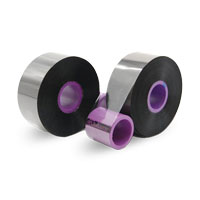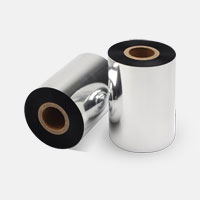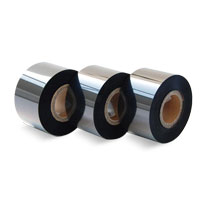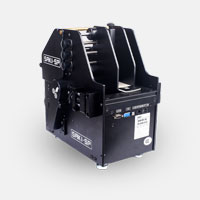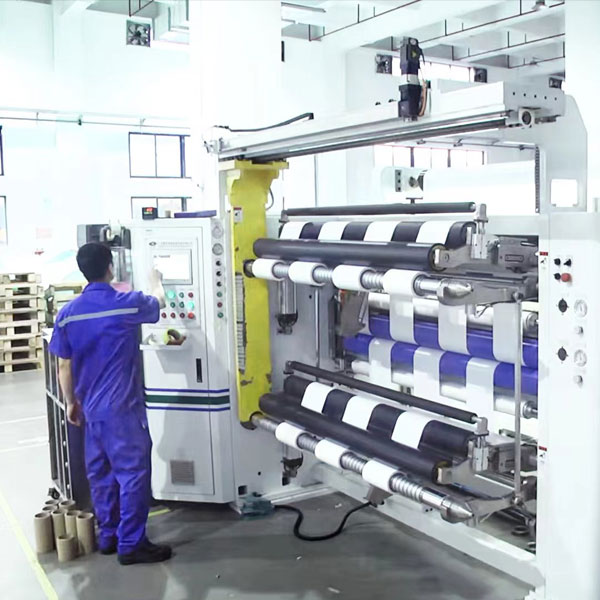Medical instruments
- Categories:Healthy
- Author:
- Origin:
- Time of issue:2022-05-20
- Views:0
(Summary description)Tagging medical devices
Sensitive information in corrosive environments
During a product's life cycle, identification and traceability data is subject to various forms of attack that can affect the clarity of information.
Certain sterilization processes, such as autoclaving, will subject the ink to severe tests, both wet and high temperature. These conditions will easily obscure information during contact with other products or during operation.
In a hospital setting, the use of ethanol solutions during patient care may degrade the print on medical device labels during handling.
Compliant with labelling regulations
For example, in the United States, the UDI (Unique Device Identification) system requires that each medical device must be marked with a unique traceability code, barcode and product label on its label.
Thermal transfer enables uniform printing of labels, including various types of barcodes, logos, product drawings and other small characters: a guaranteed flexibility for medical device manufacturers.
CISON's medical device ribbon
CISON's resin base offers the best combination of print quality and durability.
CISON's inks meet some of the most demanding regulations regarding human health:
Free of heavy metals (2002/95/EC)
Suitable for food contact: Europe (1935/2004) and USA (FDA)
No Bisphenol A or S
Free of Substances of Very High Concern (SVHC) (REACH)
CISON's resin-based inks are compatible with labels made from coated paper, synthetic materials and fabrics, including specialized materials used during sterilization.
Medical instruments
(Summary description)Tagging medical devices
Sensitive information in corrosive environments
During a product's life cycle, identification and traceability data is subject to various forms of attack that can affect the clarity of information.
Certain sterilization processes, such as autoclaving, will subject the ink to severe tests, both wet and high temperature. These conditions will easily obscure information during contact with other products or during operation.
In a hospital setting, the use of ethanol solutions during patient care may degrade the print on medical device labels during handling.
Compliant with labelling regulations
For example, in the United States, the UDI (Unique Device Identification) system requires that each medical device must be marked with a unique traceability code, barcode and product label on its label.
Thermal transfer enables uniform printing of labels, including various types of barcodes, logos, product drawings and other small characters: a guaranteed flexibility for medical device manufacturers.
CISON's medical device ribbon
CISON's resin base offers the best combination of print quality and durability.
CISON's inks meet some of the most demanding regulations regarding human health:
Free of heavy metals (2002/95/EC)
Suitable for food contact: Europe (1935/2004) and USA (FDA)
No Bisphenol A or S
Free of Substances of Very High Concern (SVHC) (REACH)
CISON's resin-based inks are compatible with labels made from coated paper, synthetic materials and fabrics, including specialized materials used during sterilization.
- Categories:Healthy
- Author:
- Origin:
- Time of issue:2022-05-20
- Views:0
Tagging medical devices
Sensitive information in corrosive environments
During a product's life cycle, identification and traceability data is subject to various forms of attack that can affect the clarity of information.
Certain sterilization processes, such as autoclaving, will subject the ink to severe tests, both wet and high temperature. These conditions will easily obscure information during contact with other products or during operation.
In a hospital setting, the use of ethanol solutions during patient care may degrade the print on medical device labels during handling.
Compliant with labelling regulations
For example, in the United States, the UDI (Unique Device Identification) system requires that each medical device must be marked with a unique traceability code, barcode and product label on its label.
Thermal transfer enables uniform printing of labels, including various types of barcodes, logos, product drawings and other small characters: a guaranteed flexibility for medical device manufacturers.
CISON's medical device ribbon
CISON's resin base offers the best combination of print quality and durability.
CISON's inks meet some of the most demanding regulations regarding human health:
Free of heavy metals (2002/95/EC)
Suitable for food contact: Europe (1935/2004) and USA (FDA)
No Bisphenol A or S
Free of Substances of Very High Concern (SVHC) (REACH)
CISON's resin-based inks are compatible with labels made from coated paper, synthetic materials and fabrics, including specialized materials used during sterilization.
Scan the QR code to read on your phone
Shantou high tech zone jusheng technology Co.Ltd
Tel: 86 754 88461930
Wechat official account : KRUBO-CISON
Add:15/F,WeiGao Building,NO.2,Keji East Road,GaoXin Zone, Shantou City, Guangdong Province
Copyright © Shantou high tech zone jusheng technology Co.Ltd. All Rights Reserved 粤ICP备05059720号 Powered by:www.300.cn SEO tags
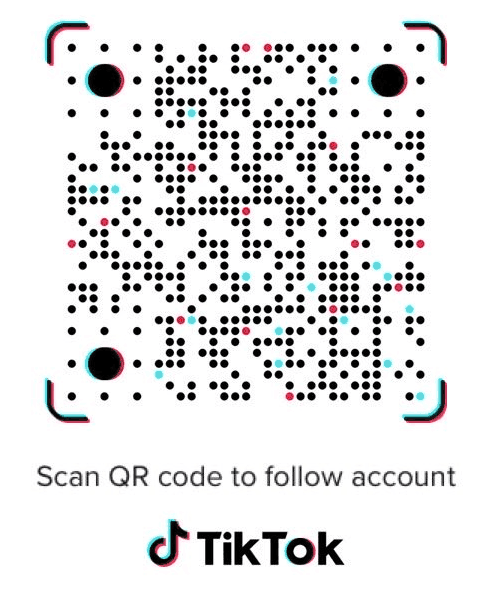

Wechat official account


